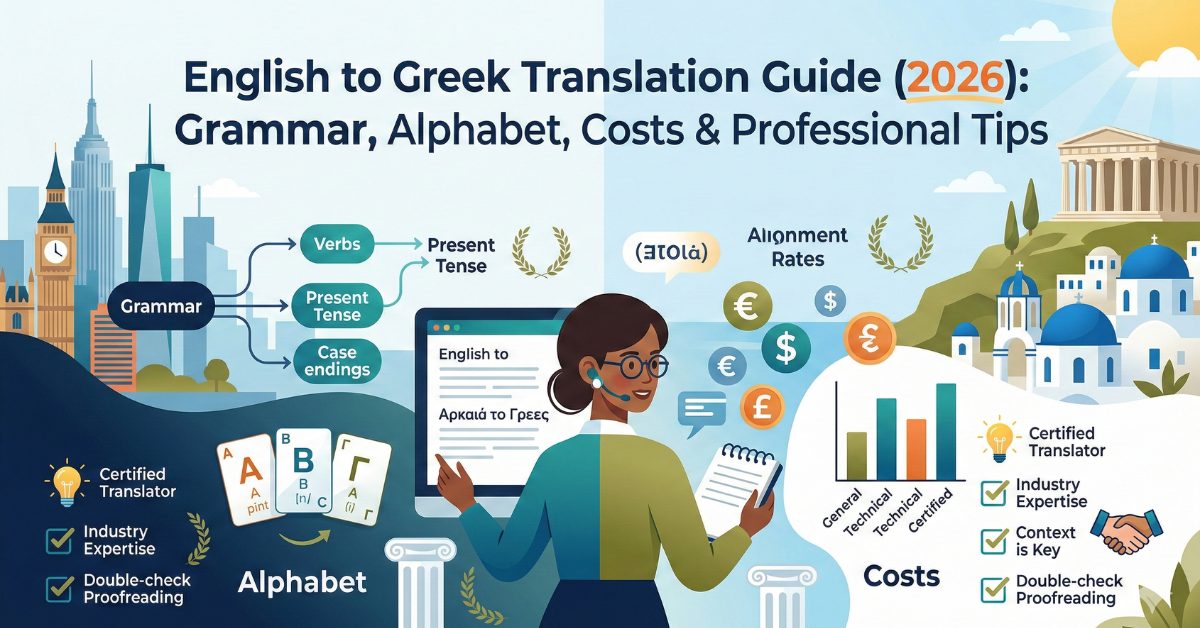Reading vs. Listening: Which Study Method Boosts Retention?
Nov 11, 2024, Nishi SinghIn our fast-paced world, figuring out the best study method can be a game-changer for lifelong learners. With the rise of digital platforms, we're now faced with an essential question: audiobooks vs reading, which one truly helps in retaining information? Both methods have their unique perks, and delving into the differences between reading and studying might shine some light on what works best for various learning preferences.
Reading a text provides an immersive experience that enhances concentration and critical thinking. Traditional reading enables you to engage with the visual elements of the text, which can aid in the retention of complex subjects. It's an active process where you must integrate symbols into comprehension, making it a powerful tool for developing both reading and listening skills.
On the other hand, listening to audiobooks allows for a more flexible study schedule. You can listen and read at your convenience, whether you're commuting, exercising, or just relaxing at home. Listening text can be particularly effective for auditory learners who grasp concepts best when they hear them. This method can aid in understanding tone and emotion that might be lost in a visual read. Looking at the science, both methods activate different areas of the brain, impacting retention in diverse ways. The difference boils down to personal learning styles and goals. Whether you prefer to listen and read or stick to one method, the key is to find a balance that aligns with your lifestyle and learning objectives. In the end, combining both methods might provide the best of both worlds—enhancing comprehension while making learning an enjoyable and varied experience.






